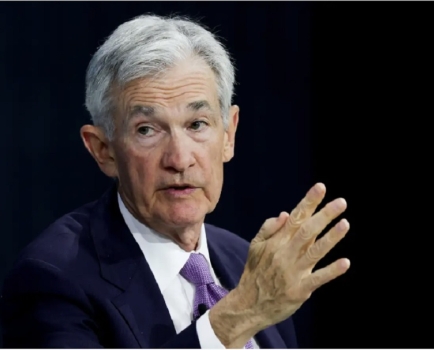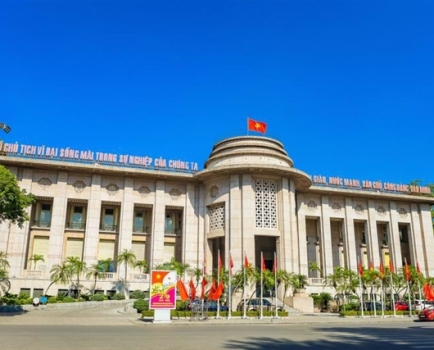Clear regulations still required for crypto
Tue, 17 Dec 2024 10:57:00 | Print | Email Share:
Bitcoin and cryptocurrency transactions are becoming common in Vietnam, yet legal frameworks have not kept pace.
The State Bank of Vietnam prohibits the use of cryptocurrencies as legal payment methods but has not established clear regulations for ownership and trading. This legal grey area poses challenges for both investor protection and effective regulatory oversight.
| Dr. Nguyen Tan Son, senior programme manager of Accounting and Law RMIT University Vietnam |
Prime Minister Pham Minh Chinh has acknowledged that while Bitcoin transactions are a reality, this field remains largely unmanaged. The lack of regulation increases risks such as fraud, market manipulation, and money laundering and causes Vietnam to miss opportunities to harness blockchain’s potential for economic and technological innovation.
Vietnam still does not have a clear legal framework for cryptocurrency management. While Vietnam’s central bank prohibits their use as payment, cryptocurrency trading and ownership remain unregulated, creating vulnerabilities for investors and challenges for law enforcement.
Without clear regulations, investors face risks such as fraud, market manipulation, and losses on unregulated trading platforms. The anonymity inherent in blockchain technology further heightens the risks of money laundering and terrorist financing. Establishing a regulatory framework is essential to promote transparency, ensure security, and build trust in the market.
However, regulation should not merely focus on risk mitigation; it should also foster innovation. A balanced regulatory approach can turn cryptocurrencies into a growth driver, positioning Vietnam as a blockchain hub and attracting foreign investment to fuel sustainable digital economic development.
Several countries have implemented effective strategies to manage cryptocurrencies, offering valuable lessons for Vietnam. Japan, one of the trailblazers in this field, officially recognised Bitcoin as a legal means of payment in 2017. Cryptocurrency exchanges in Japan must register and adhere to stringent anti-money laundering (AML) and cybersecurity measures. This approach not only protects investors, but also fosters blockchain innovation.
Singapore strikes a balance between regulation and innovation. Its Payment Services Act mandates licences for cryptocurrency businesses and enforces strict AML measures. Moreover, Singapore’s regulatory sandbox allows blockchain startups to test innovative solutions in a controlled environment, promoting creativity while ensuring oversight.
The European Union introduced the Markets in Crypto-Assets Regulation, a unified framework to protect consumers, enhance transparency, and ensure market sustainability across member states. Meanwhile, the United States employs a decentralised approach, with federal and state agencies sharing oversight responsibilities.
Entities like the Securities and Exchange Commission and the Commodity Futures Trading Commission also enforce strict compliance to safeguard investors and ensure market integrity.
These examples demonstrate that cryptocurrency regulation is not just about risk control but also about laying a foundation for innovation and economic growth. Vietnam can draw from these models to establish its own robust regulatory framework.
Vietnam can leverage international experiences to develop a clear regulatory framework for cryptocurrencies. The first step is to define whether cryptocurrencies like Bitcoin are assets or securities, providing clarity for managing transactions and protecting investors.
Requiring cryptocurrency exchanges to register and comply with AML regulations is crucial for transparency, financial security, and mitigating risks such as fraud and illicit financing.
Implementing a regulatory sandbox can create a supportive environment for blockchain enterprises to develop innovative solutions under government oversight. Singapore has demonstrated the effectiveness of this model, which fosters innovation while ensuring accountability.
Most importantly, Vietnam must balance investor protection with technological innovation. A well-designed regulatory framework will unlock blockchain’s potential to drive economic growth while safeguarding the national financial system.
Regulating Bitcoin and cryptocurrencies is no longer a question of ‘whether to’ but ‘how to’. With appropriate policies, Vietnam can create a secure, transparent, and innovative environment, paving the way to become a leading blockchain hub in the region.
By: Tan Son/ Vietnam Investment Review
Source: https://vir.com.vn/clear-regulations-still-required-for-crypto-119768.html
---------------------------------------------
Same category News :














